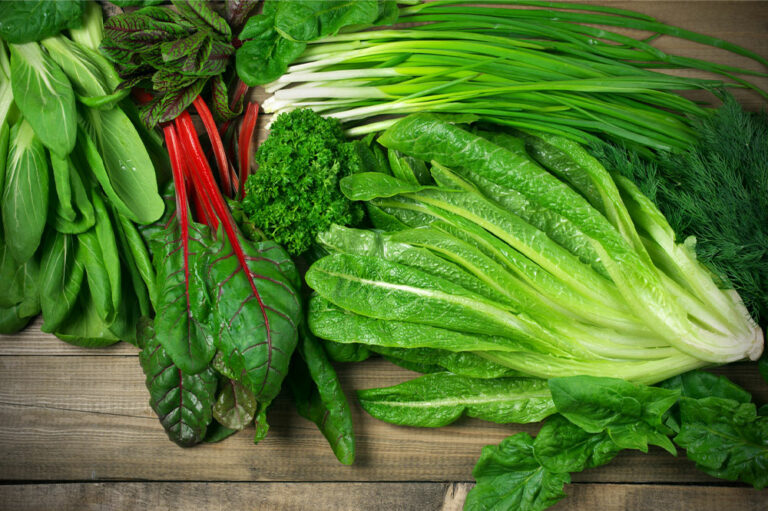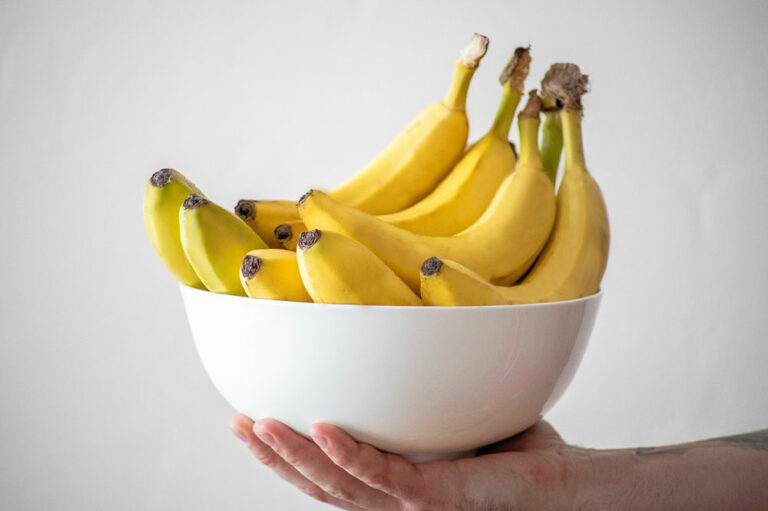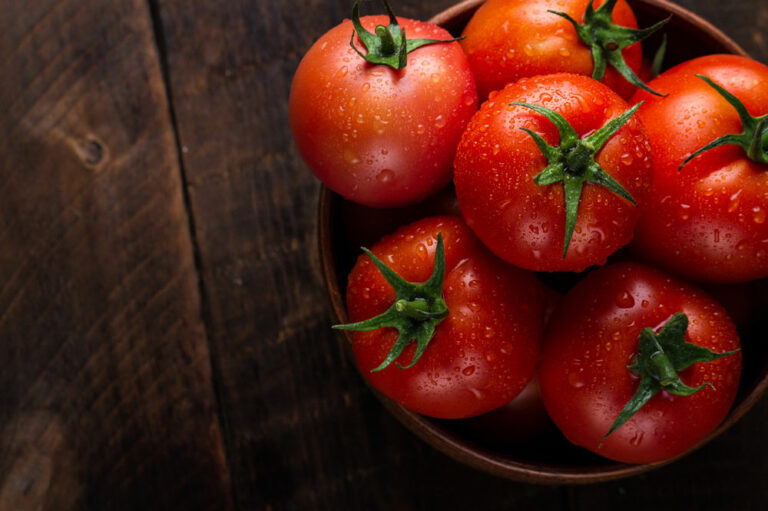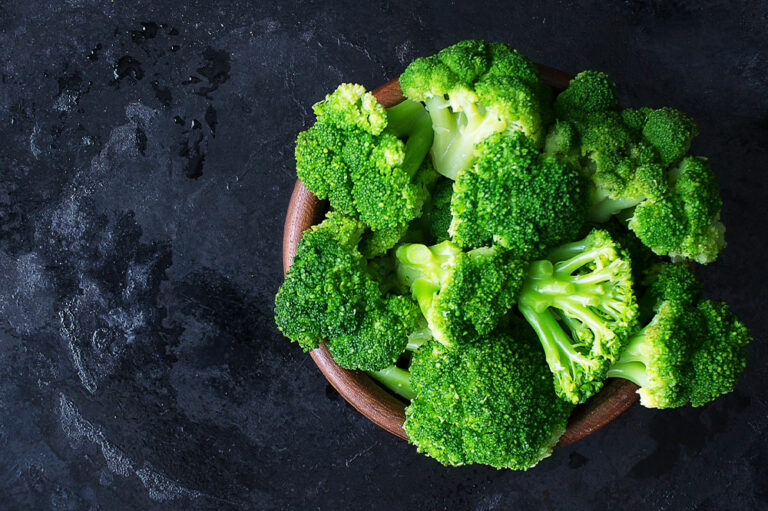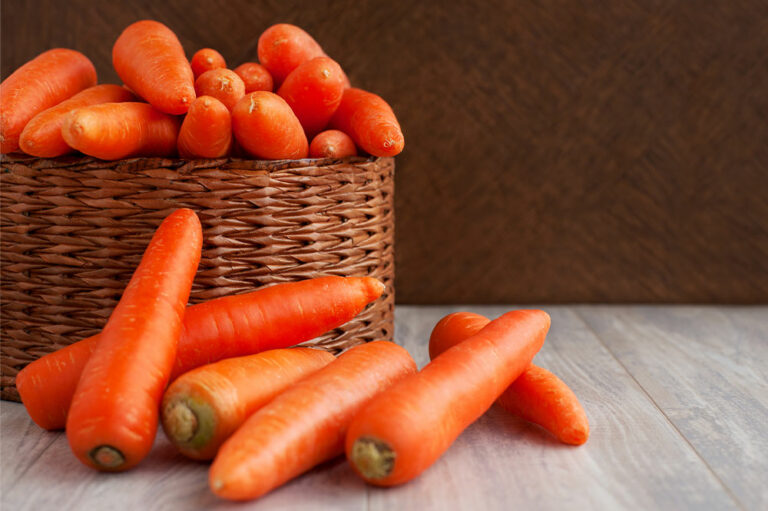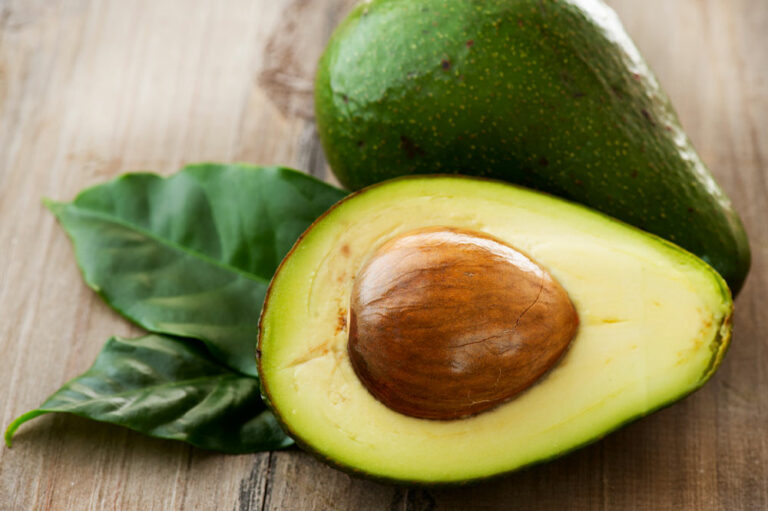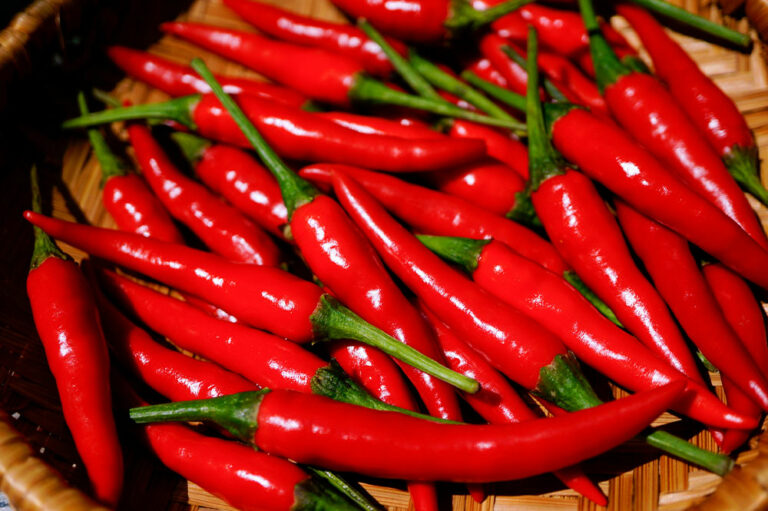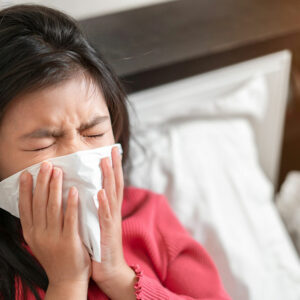
health
8 easy home remedies for sinus infections
Sinus infection or sinusitis is usually triggered by colds or allergies. The condition clogs up the nasal passage with fluids, swelling the tissues and causing pain in the forehead, ears, or teeth. Additionally, one may have a fever, cough, or feel pressure on their face. Sinus infection is curable, but prompt treatment is advised to avoid worsening the symptoms. Here are some home remedies one can try to manage the condition better. Ginger tea Ginger is rich in antioxidants and has anti-inflammatory properties that can relieve sinusitis symptoms like swelling and redness. So, a glass of hot, ginger-infused water can be beneficial. Warm compress Heat melts tough sinus infections, relieving pressure and inflammation in the affected areas like the forehead, nose, cheeks, and head. Here, one can try a simple home remedy of dipping a clean washcloth in hot water, wringing it, and placing it on the affected areas. One can repeat the process until the pain is relieved. Essential oils Essential oils are extracted from plants and are antibacterial and anti-inflammatory. Peppermint, rosemary, tea tree, and eucalyptus are some popular oils used to relieve sinusitis symptoms. One can add a few drops of these oils to a steam bath or a diffuser and inhale the vapor.
Read More 